David Driskell, a leading African-American artist who spent nearly 70 summers in Maine, hoped to celebrate his 90th birthday with the opening of “David Driskell: Icons of Nature and History” at the Portland Museum of Art. Sadly, he died a few weeks after the world went into its pandemic pause. All these months later, his exhibit was the centerpiece of PMA’s Summer Party on July 21.
“Driskell’s legacy in the history of American art is unparalleled, as he pushed audiences to consider the American story inclusive of the art of Black people,” said Graeme Kennedy, the museum’s director of strategic communications and public relations. “Driskell’s choice then to build a studio, home and artistic practice in Maine — in a region that excluded Black American and POC perspectives, narratives and, critically, contributions — was radical.”
Driskell grew up in the South in a creative family — his father painting religious themes, his mother sewing quilts and weaving baskets and his grandfather sculpting. All this figures into Driskell’s work, as does the African diaspora, the civil rights movement, urban landscapes — and the woods of Maine.
Driskell’s long relationship with the Skowhegan School of Painting and Sculpture began in 1953, when he attended on scholarship halfway through his studies at Howard University. In 1967, when he was a young husband and father, he built himself a summer art studio in Falmouth, finding artistic inspiration in that wooded landscape for the rest of his life. He returned to Skowhegan again and again as a professor and was on the board of trustees when he died in 2020.
Nearly seven decades after Driskell first studied at Skowhegan, Maine is still the whitest state in the nation. The crowd at the Summer Party, made up of the members of the Director’s Circle and Contemporaries philanthropic groups, reflected that clearly. Thankfully, whiteness didn’t stop arts supporters from engaging with the themes of Driskell’s work, which fit right in with today’s Black Lives Matter movement and deep reflection on issues and ideas of equity, representation and race.
“I’ve been trying to immerse myself in the Black experience,” said Contemporaries member Chris Copeland of Portland, who was reading “The Warmth of Other Suns: The Epic Story of America’s Great Migration” by Isabel Wilkerson.
Driskell’s work also brings an air of mystery and intrigue, both because much of it is abstract with spiritual imagery and because he used repurposed materials.
“One of the things I love about this exhibit is that the orbs move throughout,” said Tawny Alvarez, a Contemporaries Council member from Scarborough. “Also, because the artist used recycled materials, it’s interesting to think about what is potentially under these paintings.”
The exhibit runs through Sept. 12. The PMA website has a virtual exhibit and video discussions: www.portlandmuseum.org/driskell
Amy Paradysz is a freelance writer and photographer based in Scarborough. She can be reached at amyparadysz@gmail.com.
Send questions/comments to the editors.

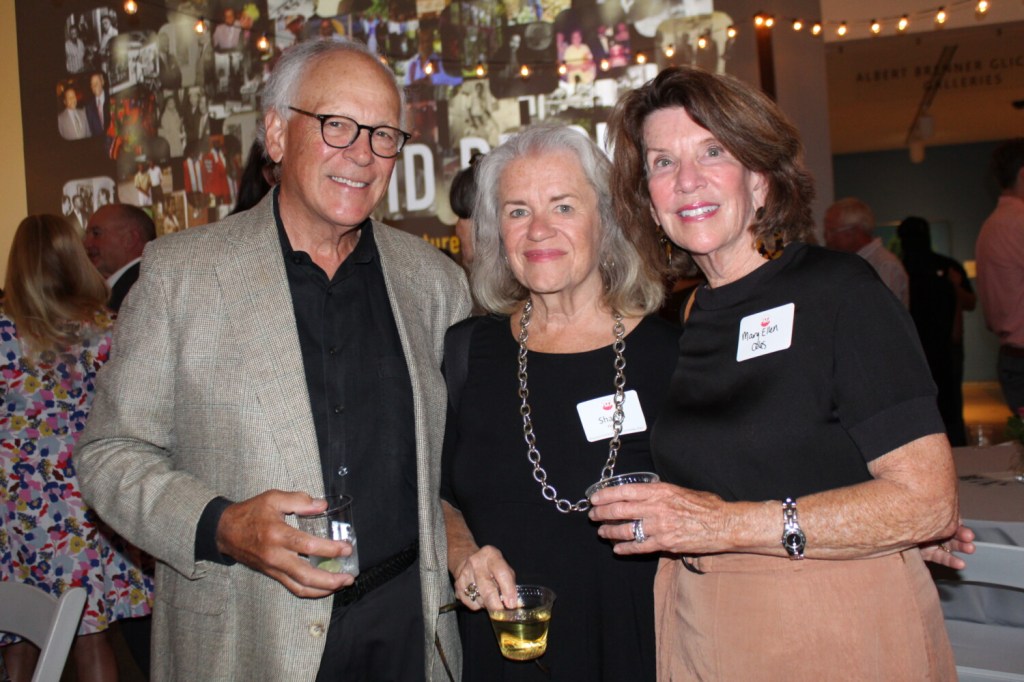
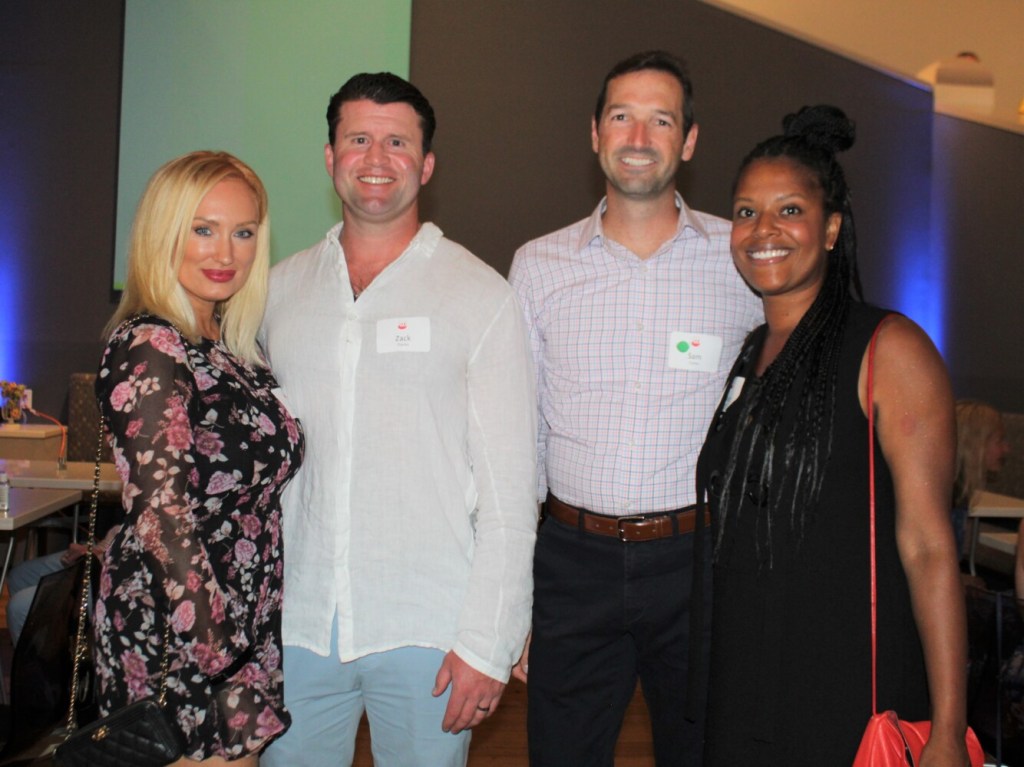
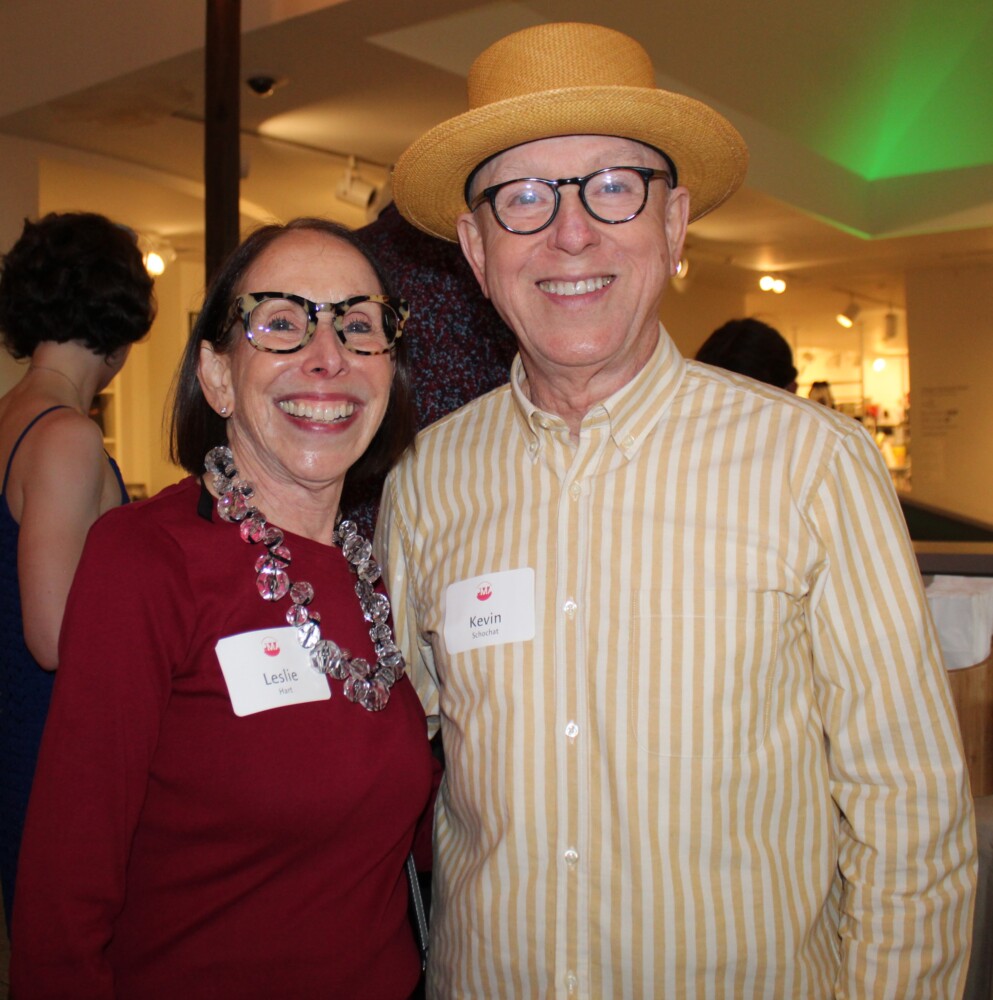
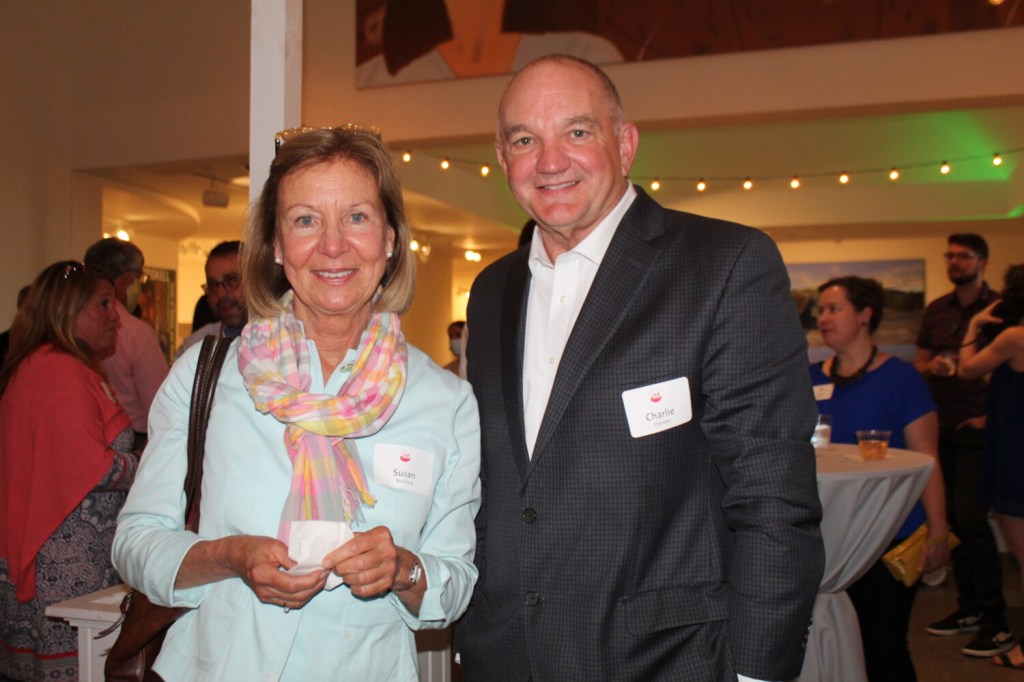
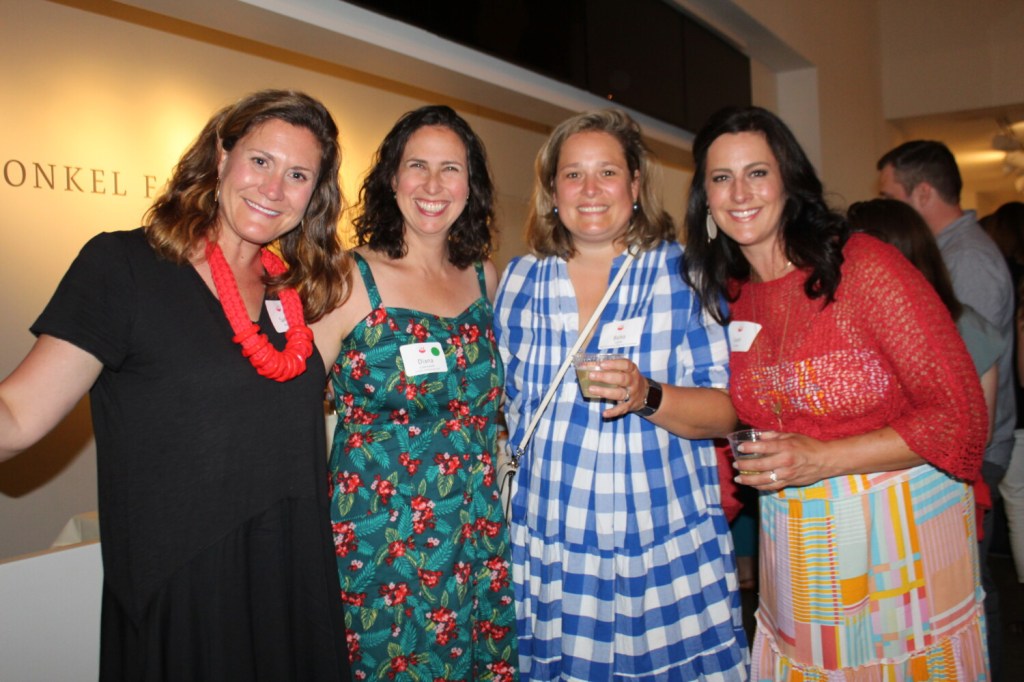
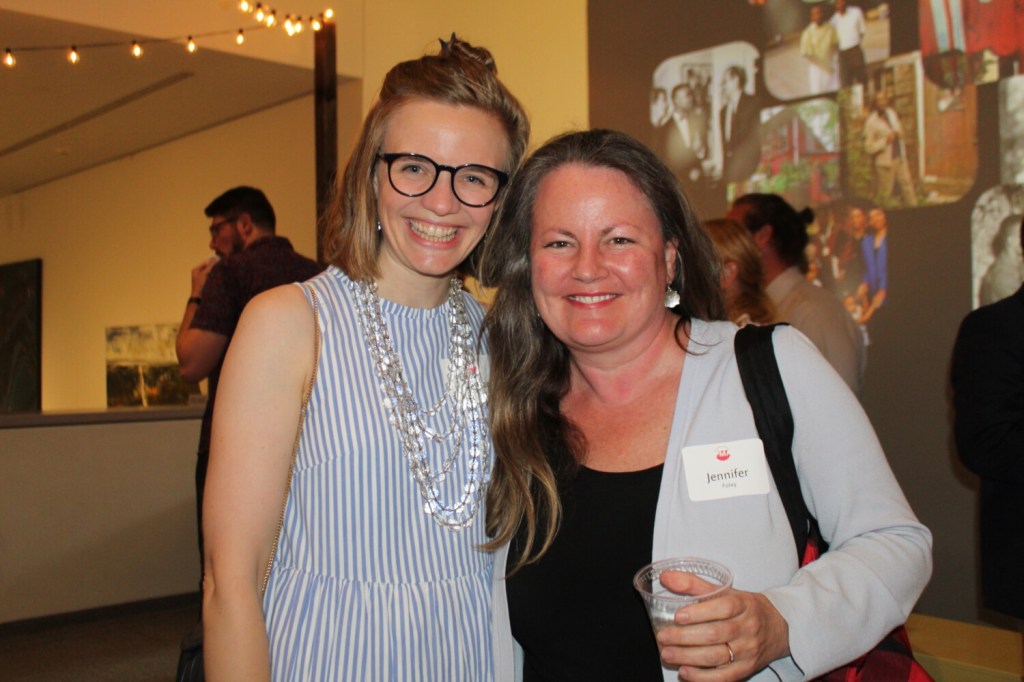
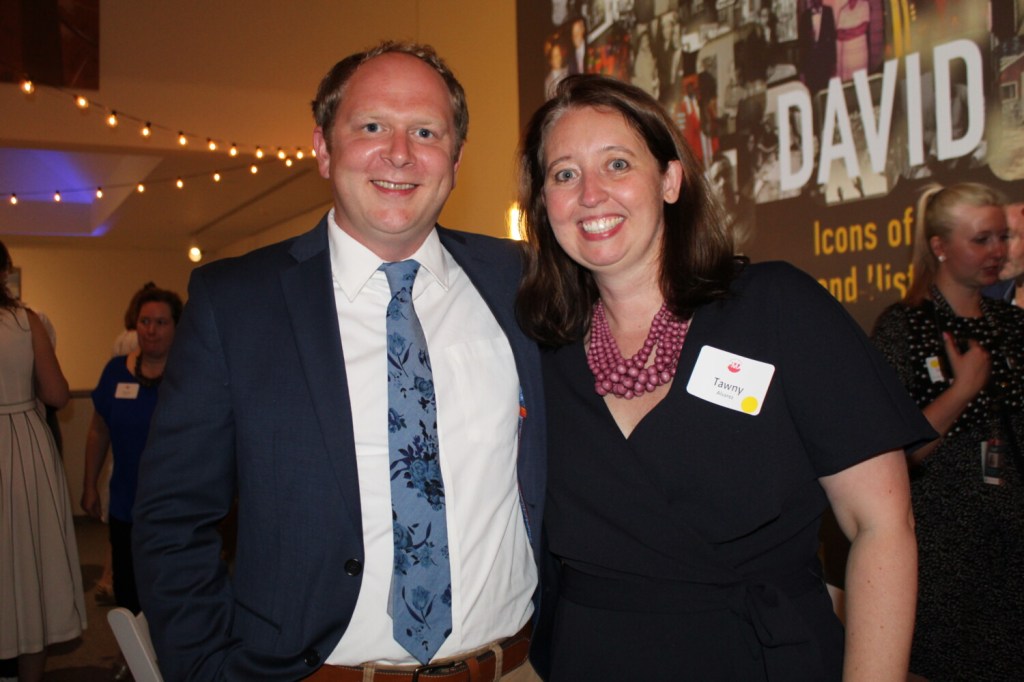
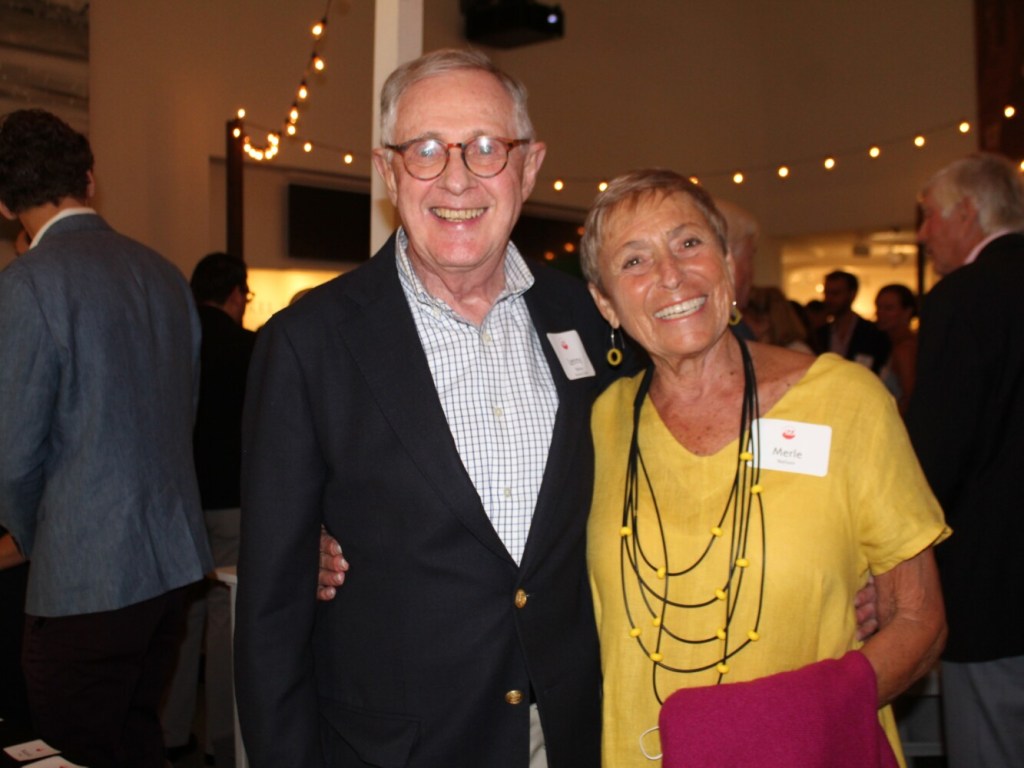
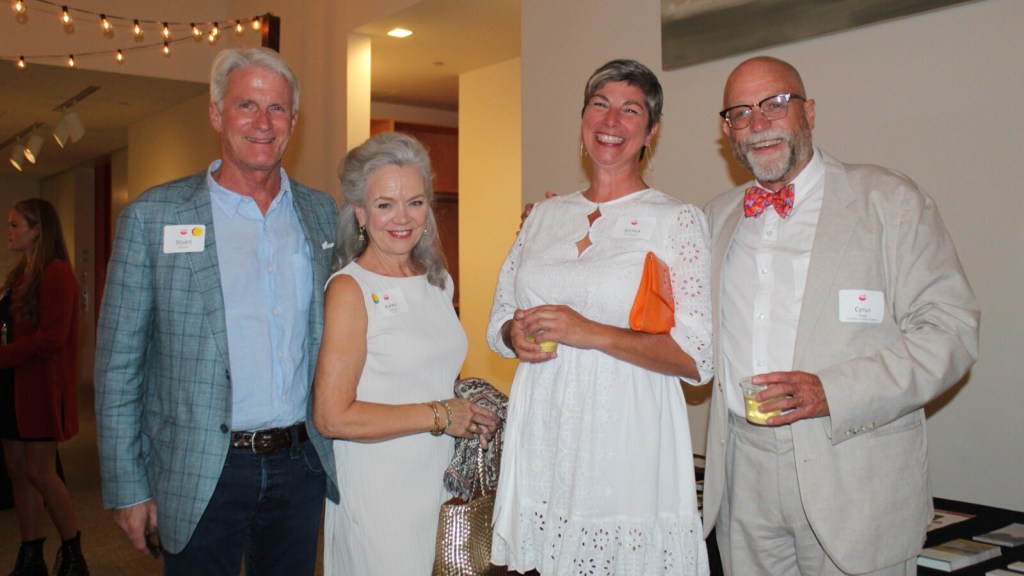
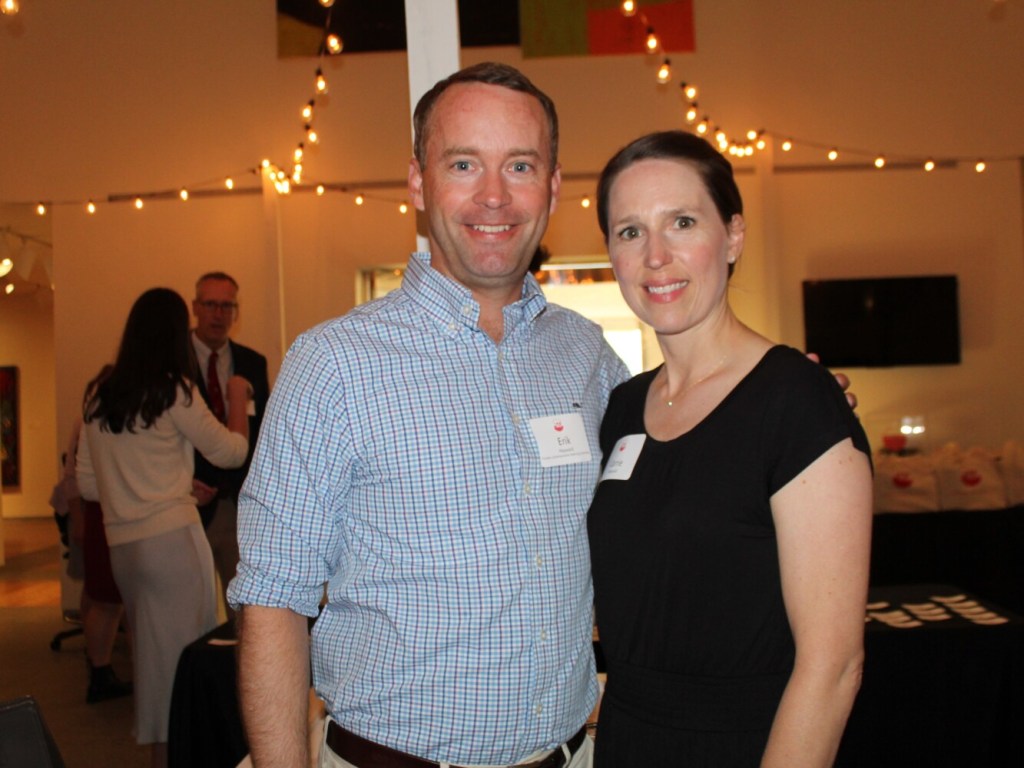
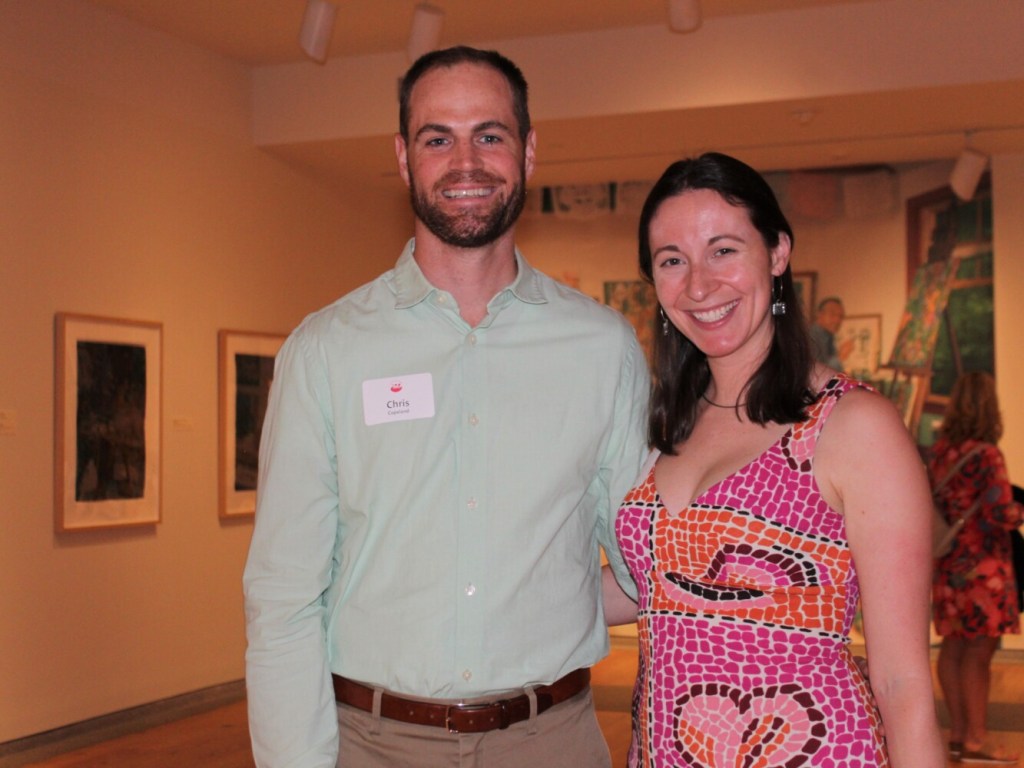
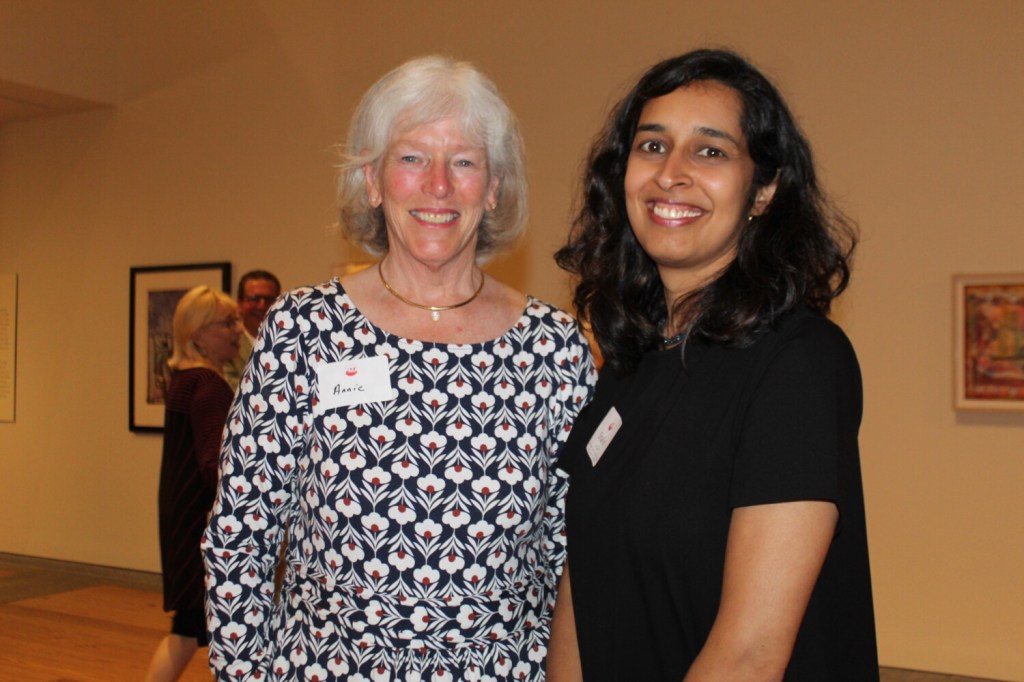
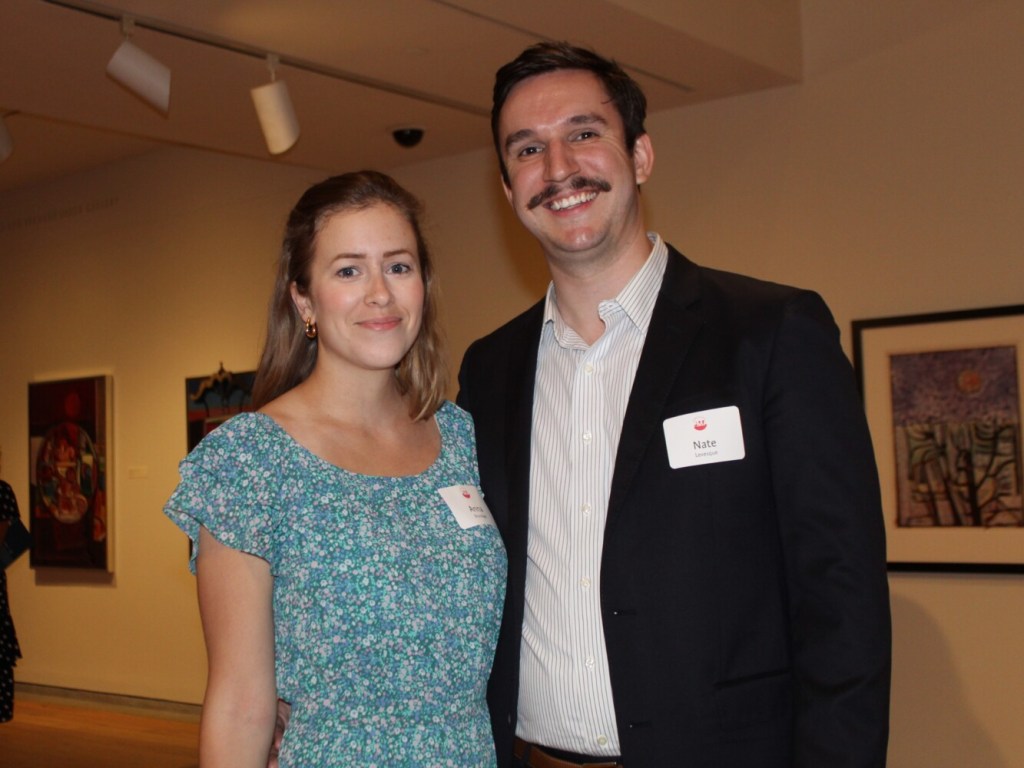
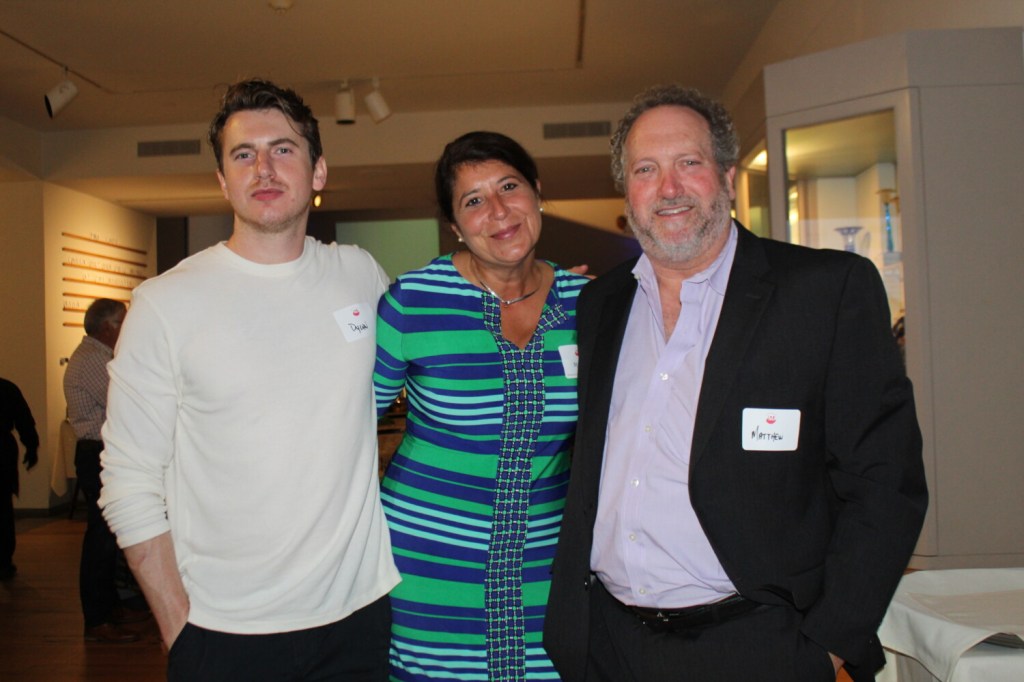
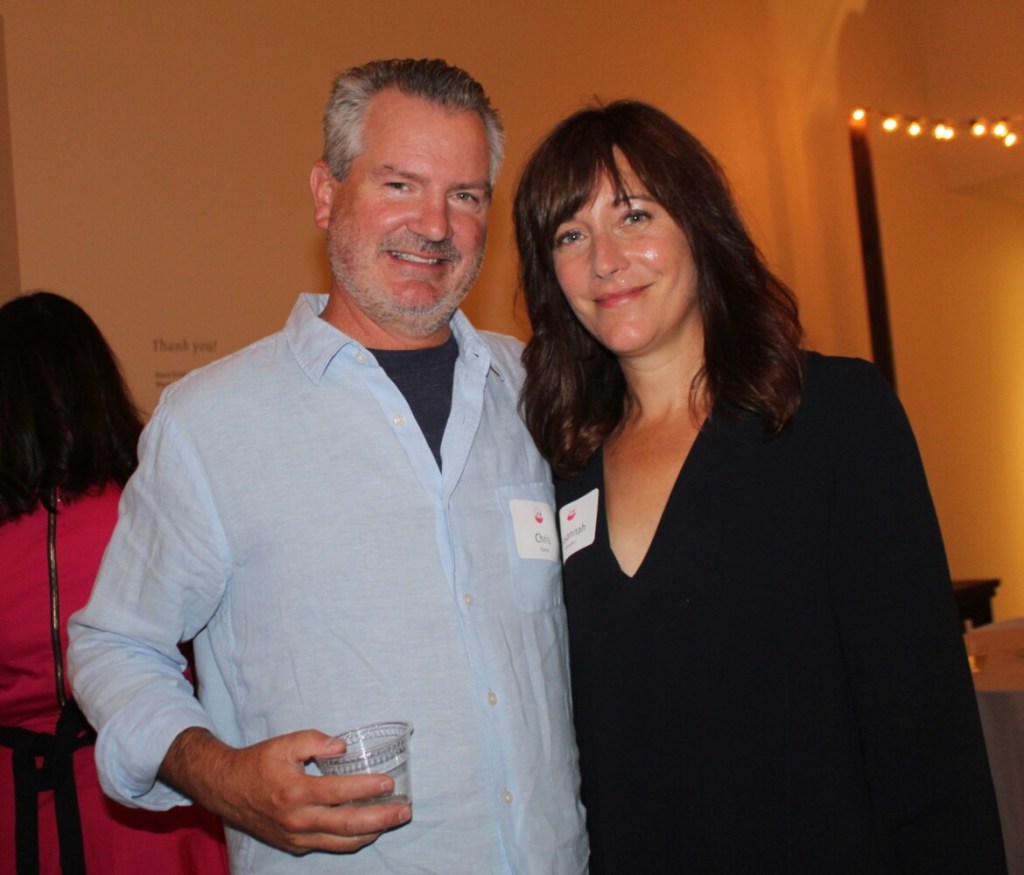
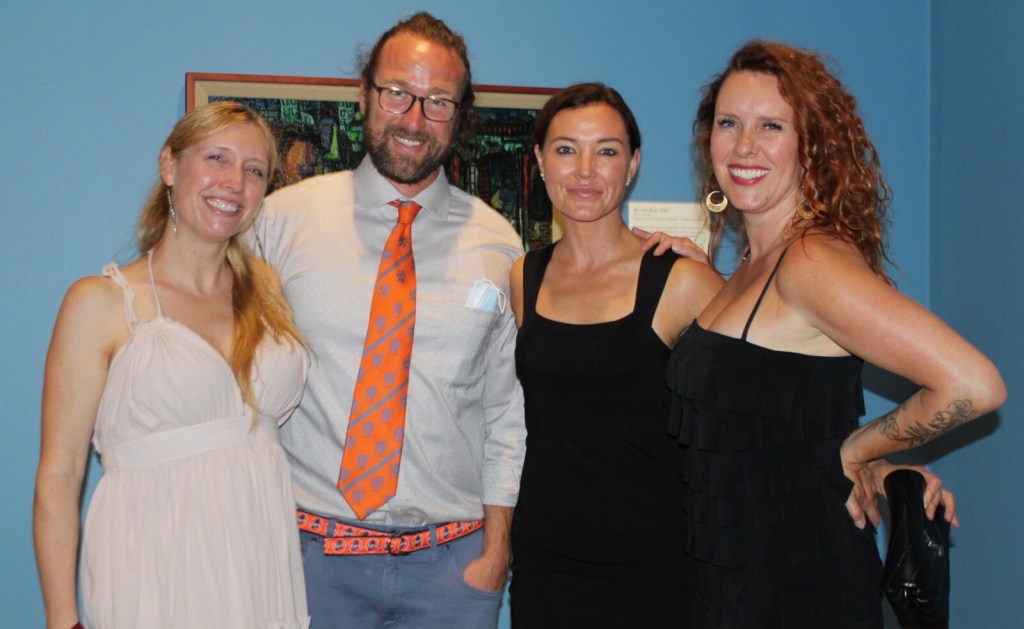

Success. Please wait for the page to reload. If the page does not reload within 5 seconds, please refresh the page.
Enter your email and password to access comments.
Hi, to comment on stories you must . This profile is in addition to your subscription and website login.
Already have a commenting profile? .
Invalid username/password.
Please check your email to confirm and complete your registration.
Only subscribers are eligible to post comments. Please subscribe or login first for digital access. Here’s why.
Use the form below to reset your password. When you've submitted your account email, we will send an email with a reset code.